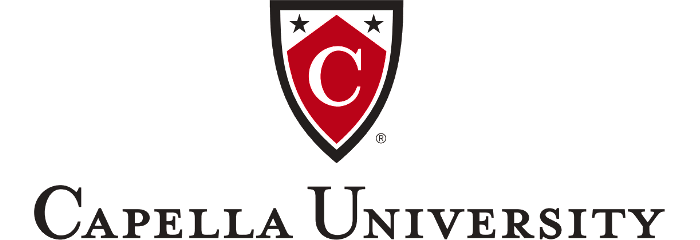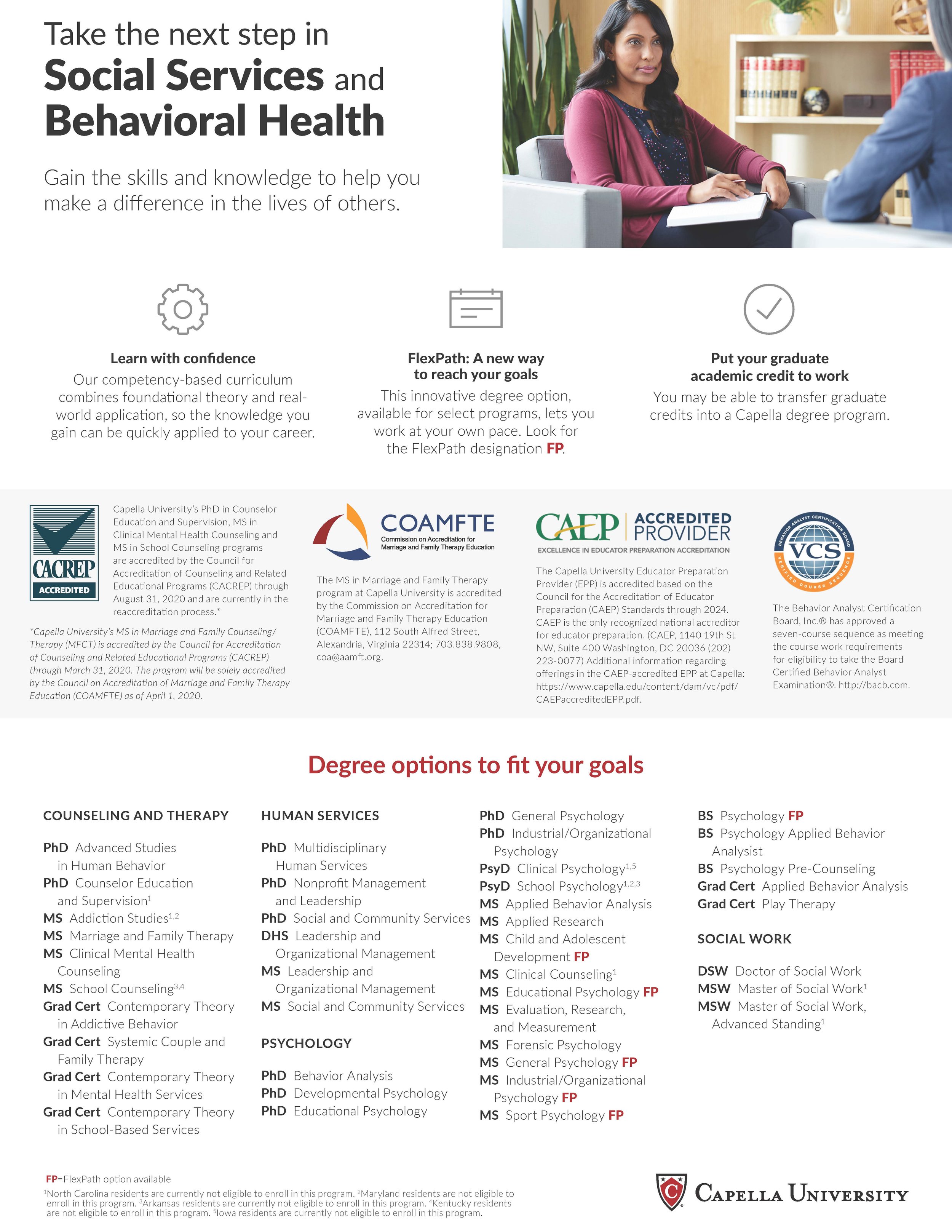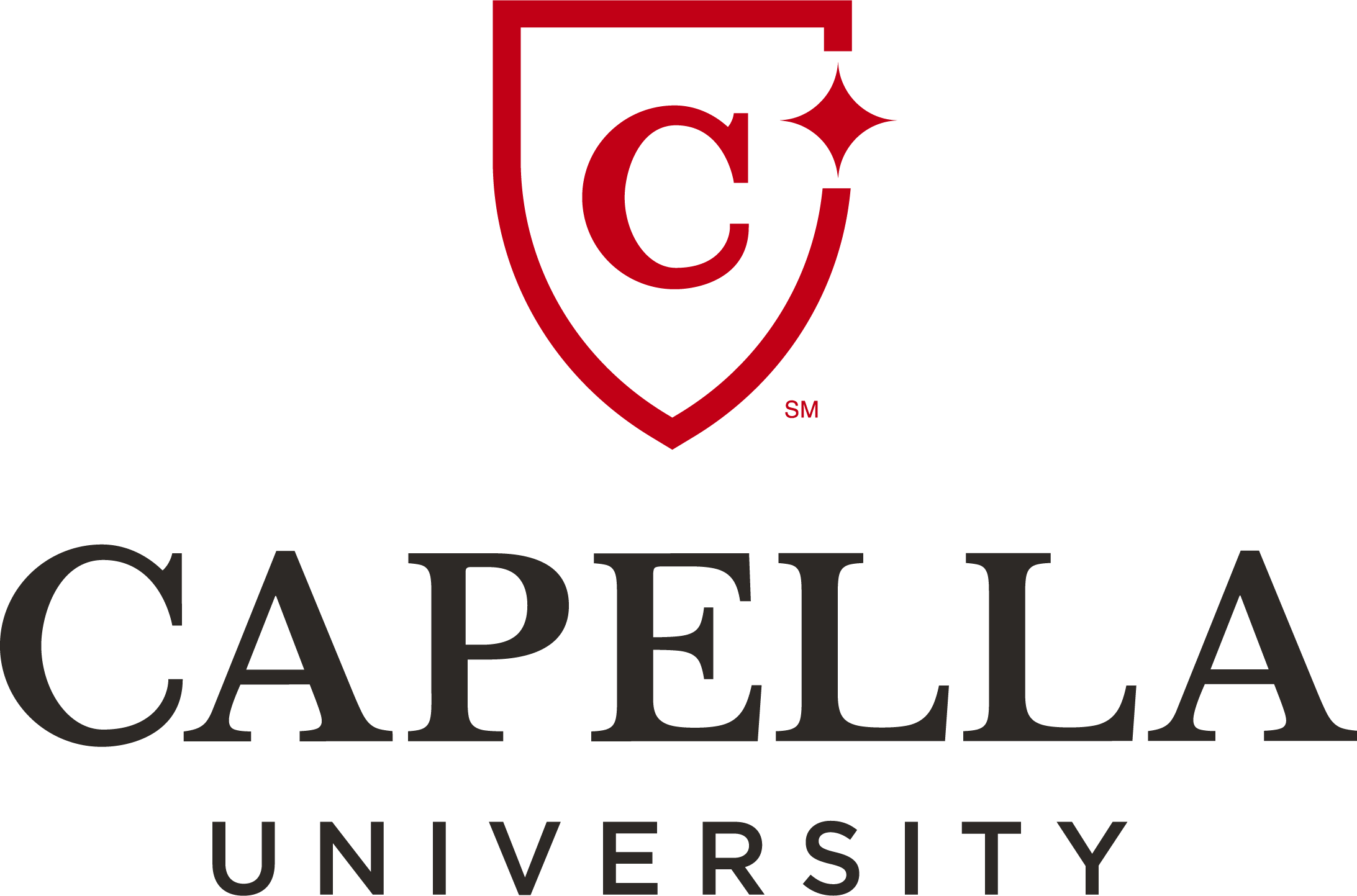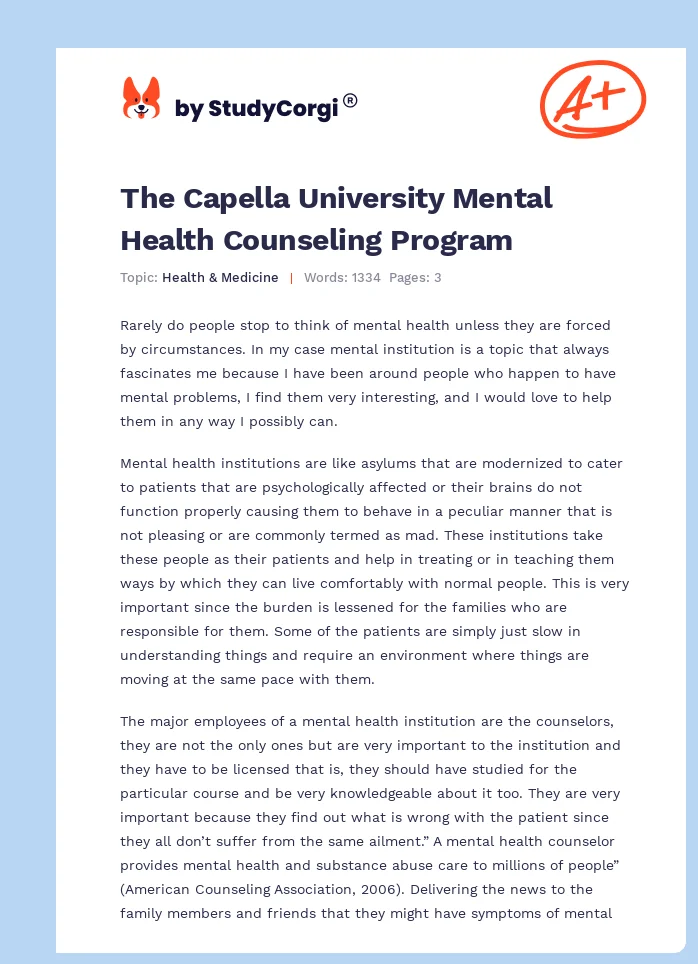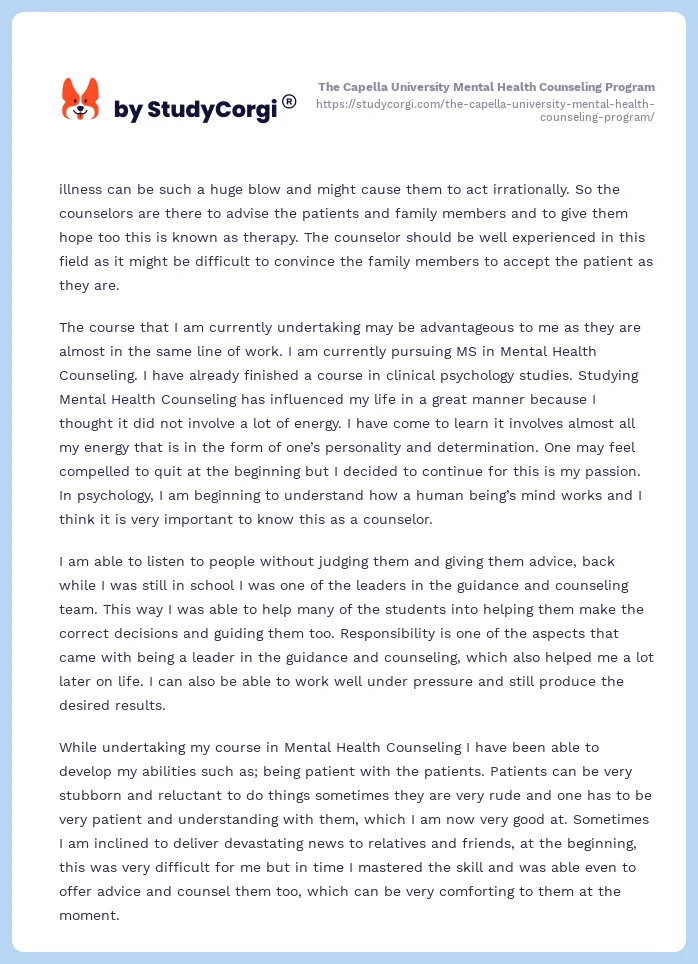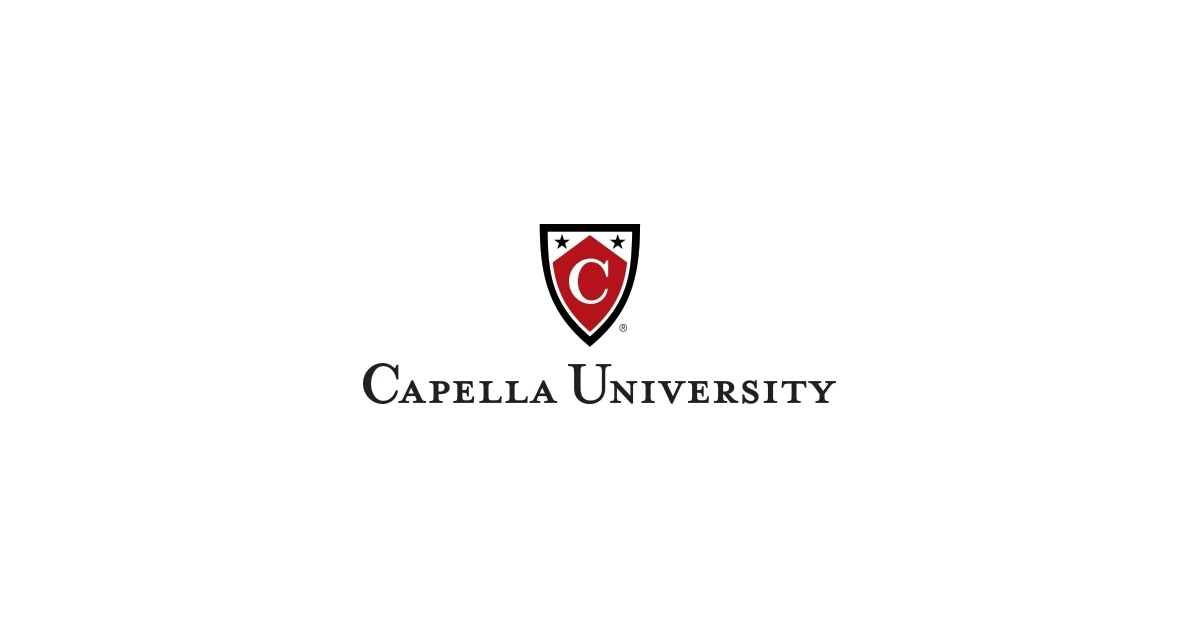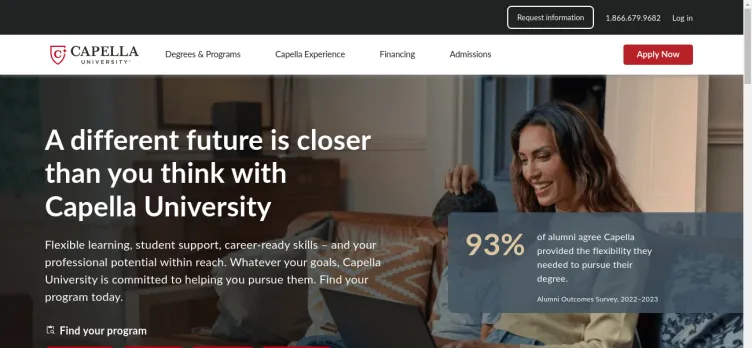Capella University Counseling Program Reviews

The online landscape of higher education has expanded dramatically, offering flexibility and accessibility to students worldwide. Among the institutions providing advanced degrees online is Capella University, particularly known for its counseling programs. However, prospective students and industry professionals alike are increasingly scrutinizing the quality and effectiveness of these programs, leading to a complex discussion about their value and reputation.
At the heart of this discussion lies a crucial question: Does Capella University's counseling program adequately prepare graduates for the demanding realities of the mental health field? This question is further complicated by varied student experiences, graduation rates, accreditation status, and employment outcomes. It's imperative to delve into the program's structure, faculty qualifications, and alumni successes and challenges to offer a balanced perspective on its efficacy.
Accreditation and Program Structure
Capella University is regionally accredited by the Higher Learning Commission (HLC), a widely recognized accrediting body. This accreditation signifies that the university meets certain standards of academic quality and institutional stability. However, programmatic accreditation, specifically for counseling programs, is essential for graduates seeking licensure and professional recognition.
The counseling programs at Capella, including Master's and Doctoral degrees in counseling, are designed to be completed online. The curriculum typically includes coursework in areas such as counseling theories, ethics, assessment, and multicultural counseling.
Critically, some specific counseling specializations within Capella's offerings have sought and received accreditation from the Council for Accreditation of Counseling and Related Educational Programs (CACREP). CACREP accreditation is a gold standard in the counseling field, indicating that the program meets rigorous standards for curriculum, faculty, and clinical training.
Student Experiences and Outcomes
Student reviews of Capella's counseling programs are mixed, reflecting the diverse experiences of its student body. Some students praise the flexibility of the online format, the accessibility of faculty, and the practical skills they acquired.
Other students express concerns regarding the workload, the cost of tuition, and the perceived lack of personalized attention. Online programs can be challenging for students who prefer in-person interaction and require more direct support.
Data from the university indicates varying graduation rates across its programs. While the university provides some career support services, employment outcomes for graduates are crucial for assessing the program's true value. Many graduates find positions in community mental health agencies, private practice, schools, and other settings.
Faculty Qualifications and Support
The quality of faculty members is a vital component of any academic program. Capella University employs a mix of full-time and adjunct faculty, many of whom are licensed counselors and experienced practitioners.
The level of support and mentorship provided by faculty can significantly impact student success. Some students report positive experiences with engaged and supportive faculty, while others have found it difficult to connect with faculty in a meaningful way due to the online format.
Access to research opportunities and professional development resources is also important for counseling students. The university's resources in these areas play a vital role in shaping the educational experience of the students.
Challenges and Opportunities
One of the ongoing challenges for online counseling programs is ensuring that students receive adequate clinical experience. Supervised internships and practicums are essential for developing the skills and competence required for effective counseling practice.
Capella University seeks to address this challenge through partnerships with various clinical sites and by providing resources for students to secure appropriate placements. The quality and availability of these clinical experiences can vary depending on the student's location and the specific program requirements.
The increasing demand for mental health services presents a significant opportunity for graduates of counseling programs. However, graduates must be well-prepared to meet the complex needs of diverse populations and navigate the ethical and legal challenges of the field.
Looking Ahead
The future of Capella University's counseling programs, like all online education programs, hinges on its ability to adapt to evolving standards and meet the needs of its students. Continuous improvement in program structure, faculty support, and clinical training is essential for maintaining its reputation and ensuring the success of its graduates.
Prospective students should carefully research and evaluate all available counseling programs, considering factors such as accreditation, curriculum, faculty qualifications, and student outcomes. Connecting with current students and alumni can also provide valuable insights into the program's strengths and weaknesses.
Ultimately, the value of a counseling program depends on the individual student's commitment, effort, and willingness to engage in the learning process. A solid educational foundation, combined with supervised clinical experience and ongoing professional development, is essential for a successful career in the helping professions.



